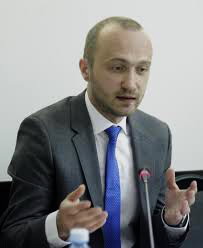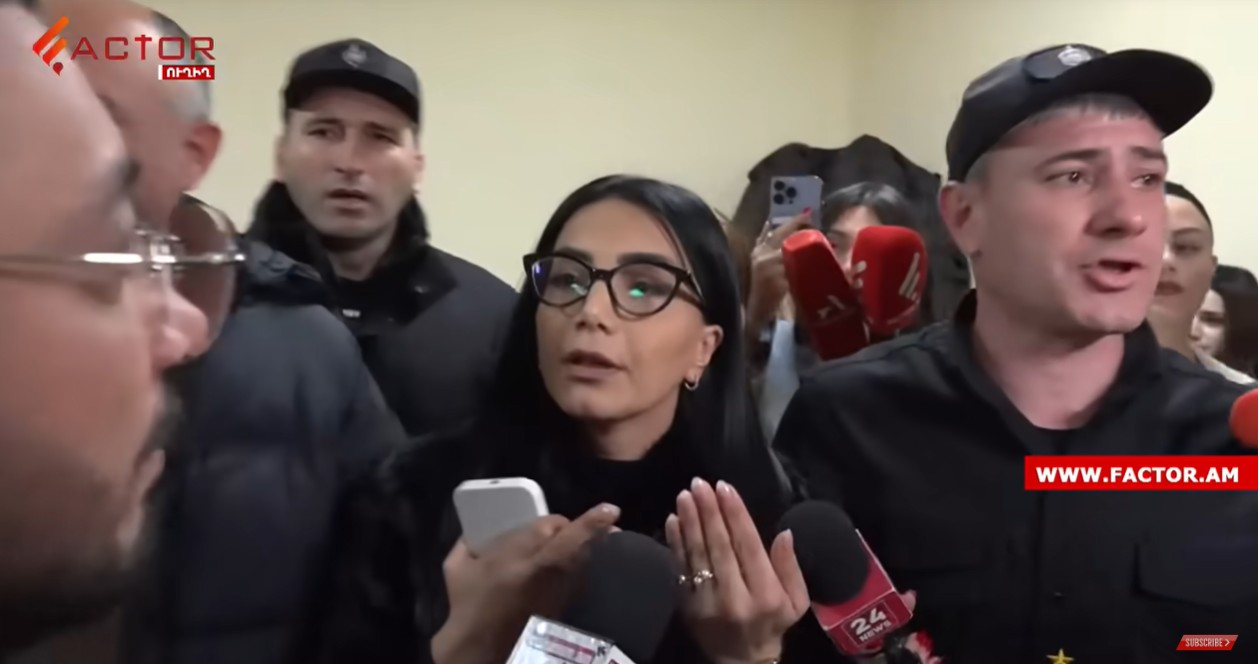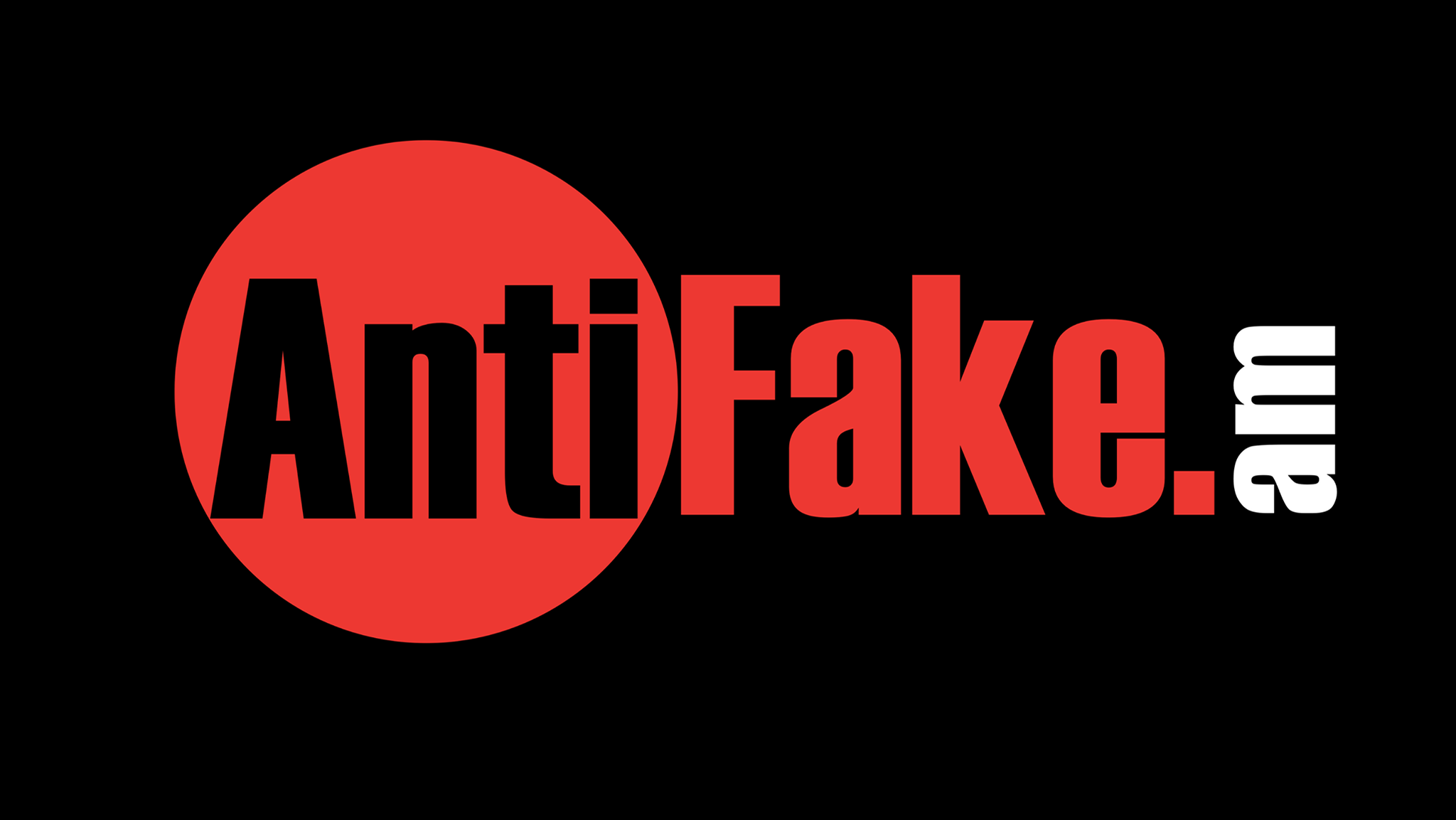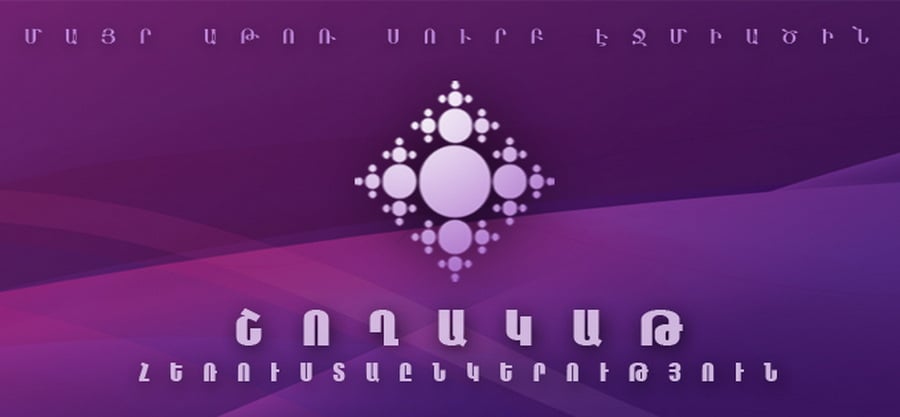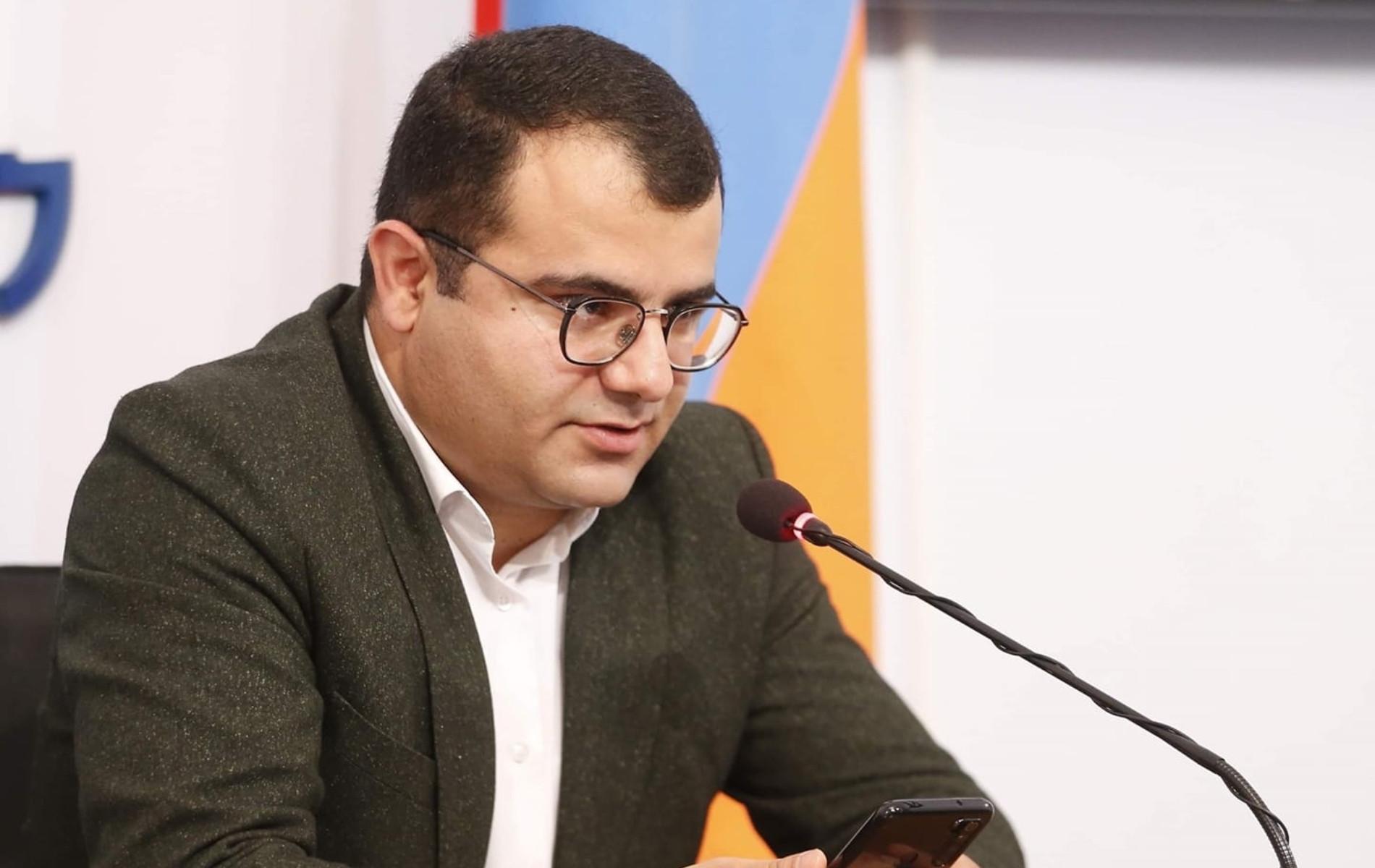” Politicians and activist public figures should be aware that by bringing themselves into the spotlight they open themselves to harsh criticism and that they are expected to tolerate it,” said Vasily Lukashevich, a Senior Lawyer at the European Court of Human Rights, in his recommendations on combatting hate speech in Armenia, sent to the Committee to Protect Freedom of Expression.
These recommendations based on the seminar-expert discussion “Freedom of Speech: Where are the boundaries?” Organized by the Committee to Protect Freedom of Expression and the EU Delegation to Armenia on November 23, where Vasili Lukashevich was invited and had a speech.
Summarizing these discussions, the European expert has come up with proposals, which are presented below։
- Free speech has axiomatic value in a democratic society; it secures appropriate and productive social debate on matters of public interest and ensures self-fulfillment of individuals. The government, the media, community and political leaders, non-governmental organizations should recognize the vital importance of free speech and make every effort to support it.
- Hate speech includes all forms of expression which spread, incite, promote or justify hatred based on intolerance and as such does not contribute to the free democratic development of the society. Hate speech should be distinguished from radicalized, provocative, emotionally charged free expression that might offend, shock or disturb the state or the population.
- The Armenian media, journalists, activists, political and community leaders, civil society, self-regulatory bodies, as well as the national authorities should be encouraged to acquaint themselves with the applicable European standards of free speech and the approaches to combatting hate speech. The binding interpretations of the European Convention by the ECHR, the Committee of Ministers Recommendation No. R 97 (20), ECRI General Policy Recommendation No. 15, as well as other relevant international commitments and standards should be promoted and effectively implemented in practice.
- In the last months rapidly changing, transitioning and evolving political and social context of Armenia contributed to the rise of the instances of hate speech. Journalists, bloggers, social media activists should be mindful of their professional and ethical responsibilities, as well as the standards of “good faith” reporting under Article 10 of the European Convention.
- Politicians and activist public figures should be aware that by bringing themselves into the spotlight they open themselves to harsh criticism and that they are expected to tolerate it. Political forces, politicians and affiliated activists bear greater responsibility in shaping civil public debate, upholding free speech standards, and refraining from any expression, which might be perceived as hate speech. They should respect their important role in public life and act as role models in democratic discourse.
- Given that the distinction between the free speech and hate speech might not be self-evident on every occasion, there should be no excessive reliance on normative and legal mechanisms for countering hate speech. Awareness-raising, continuing civic education, and media literacy training programs should be developed, actively promoted and implemented across all sectors of society. Special accent should be put on programs for young people, as well as active participants of the social debate, g. journalists, bloggers, activists with or without political affiliation, visible “Internet personalities”.
- Online media outlets and platforms provide an unprecedented forum for public discussions where frequently anonymous actors can share their ideas and opinions with the virtually unlimited audience or engage in live discussions of matters of public and social interest. The online media should create community standards of combating hate speech, common “rules of engagement” and individualized strategies for dealing with hateful content. Self-regulation based on respect of democratic values should be promoted.
- Codes of conducts and ethics should be adopted or updated to provide substantive, clear and consistent guidance to everyone on which forms of expression are considered hateful, as well as on functioning of any eventual mechanism for hateful content removal. The Armenian authorities and online media platforms are encouraged to consider the experience of the Code of Conduct on countering illegal online hate speech of 2016, which was developed by the European Commission and supported by the major social media platforms (Facebook, Twitter, YouTube, Microsoft and Instagram).

